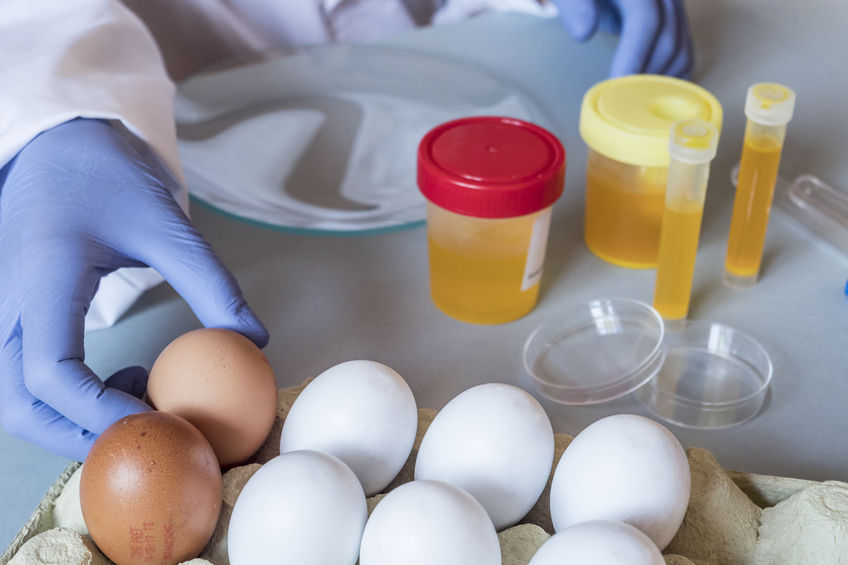
An increased opportunity for fraud emerges as millions of eggs are withdrawn from shelves in the EU due to poison fears, say food fraud experts.
Though 700,000 eggs have been ordered to be destroyed in the UK, unscrupulous producers may ignore the order, according to fraud expert Agroisolab.
The company said it is also possible that a proportion of those who are affected, but not discovered, may hold the eggs and launder them into the supply chain at a later date.
The news that around 700,000 eggs contaminated with the banned insecticide Fipronil have been imported into the UK has led to a recall of many products from major retailers.
Millions of egg products have been pulled from sale in 15 EU countries, including the UK, Belgium and Germany, the largest product recall in the EU in recent years.
European traceability in eggs demands that eggs must be stamped with a series of numbers corresponding to the farm where it was laid and the husbandry system used (free range, organic, caged).
Laundering eggs
However, Agroisolab have been given an anonymous service enquiry about determining the origin of a batch of eggs with no identifying codes.
This may suggest that laundering eggs back into the supply chain is occurring.
Aside from obvious health concerns, any unlabelled eggs have the potential to come from farms where animal welfare standards are lower than in the UK.
While the UK egg industry has a robust system of labelling, mislabelling issues in eggs can and do still occur – a most recent example was the Heart of England Eggs scandal in 2009 where lower grade, battery, and foreign eggs were sold as free range, organic, and British.
Laundering contaminated food into supply chains has recently been the subject of a few major scandals – in 2001, thousands of tonnes of condemned poultry carcasses were repackaged and sold to the public in the UK.
Horsemeat incident
The more recent horsemeat incident in 2013 showed the impact of weak traceability in supply chains and the huge impact to consumers of false labelling.
Eggs can be stored for a long time under carbon dioxide, which may be a method used by fraudsters to store eggs to sell at a later date.
With this in mind, it is important to remain vigilant in the coming months to ensure that any eggs received are correctly stamped, labelled and traceable.
